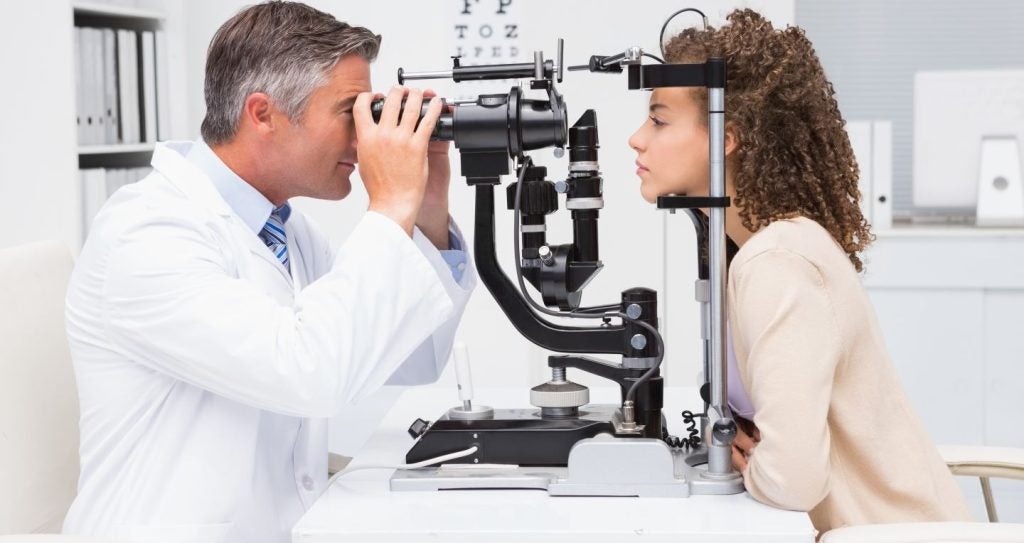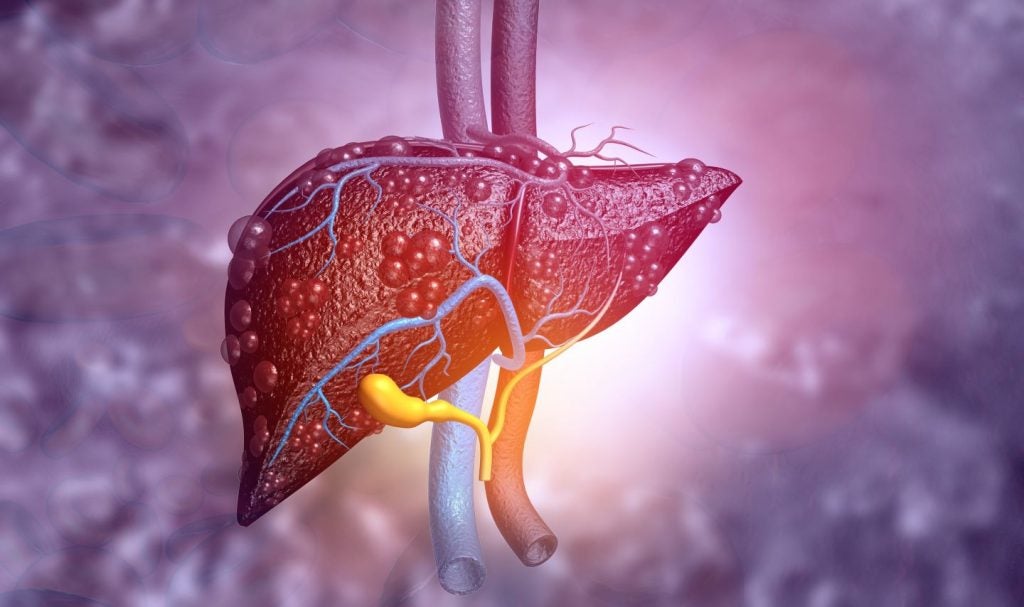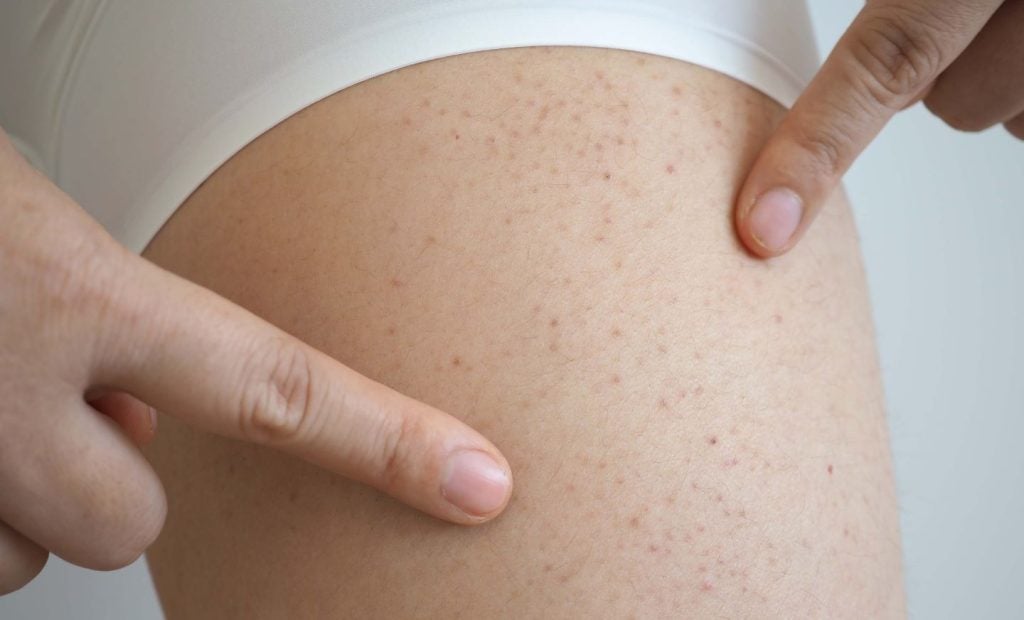SetPoint Medical has a breakthrough device designation for its neuroimmune modulation device for the treatment of relapsing-remitting multiple sclerosis (RRMS).
This is the second breakthrough designation granted to the company by the US Food and Drug Administration (FDA) following a nod for the same device for the treatment of rheumatoid arthritis in 2020.
Patients with multiple sclerosis have damaged myelin sheath – a layer surrounding neurons that help insulate electrical activity. The FDA designation was based on evidence SetPoint’s technology could reduce demyelination and promote remyelination.
SetPoint’s CEO Murthy V. Simhambhatla said: “We look forward to working collaboratively with the FDA to initiate the first-of-its-kind clinical trial to investigate our device for people living with RRMS.”
US-based SetPoint’s technology involves a small stimulator implanted into the neck so that it touches the vagus nerve. The vagus nerve is one of the main nerves of the peripheral nervous system that acts on involuntary functions.
SetPoint says it has designed the device to activate the inflammatory reflex, leading to an immune-restorative effect across the whole body. The therapy is administered via a preset schedule – once daily.
The company is currently testing the device in the RESET-RA study (NCT04539964) in patients with rheumatoid arthritis. The randomised, double-blind, sham-controlled, multicentre pivotal study is slated to enrol 250 participants – half of which will reive the therapy, with the other half receiving a non-active stimulation version.
The trial’s primary endpoint is improvement in tender and swollen joints between the two groups according to the American College of Rheumatology (ACR) 20 response. Subjects will be assessed after 12 weeks of the treatment.
A SetPoint spokesperson told Medical Device Network that a data readout from the study is expected in the “June-July timeframe”.
There are a range of FDA-approved pharmacological therapies available to treat rheumatoid arthritis but no authorised medical devices.
Whilst some tests have recently been granted breakthrough device designation to diagnose multiple sclerosis, such as Roche’s Elecsys neurofilament light chain (NfL) test, treatment that addresses the underlying pathophysiology of the disease is an untapped space.
A report by GlobalData estimates the global neuromodulation device market will be worth $11.4bn by 2033, up from $6bn in 2022.















